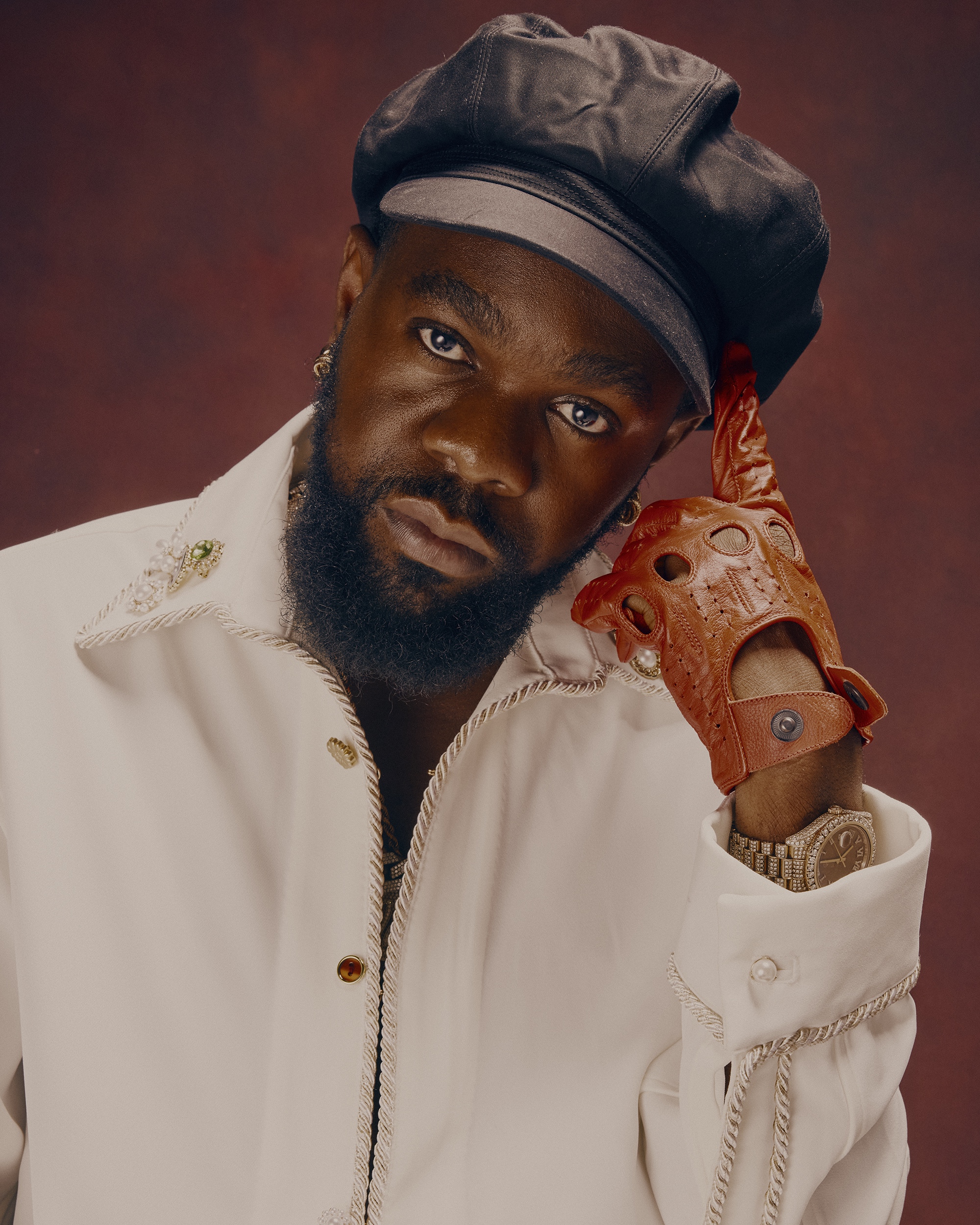Is there a difference between hope and optimism, you may wonder. Or not. I think there is. Hope rises from known suffering; it’s the defiant spark that refuses to die out. Optimism can be quieter; sometimes naïve, sometimes afraid of the dark, unwilling to face what is real. Hope is wised-up, stubborn, relentless. Optimism can be fearful and false.
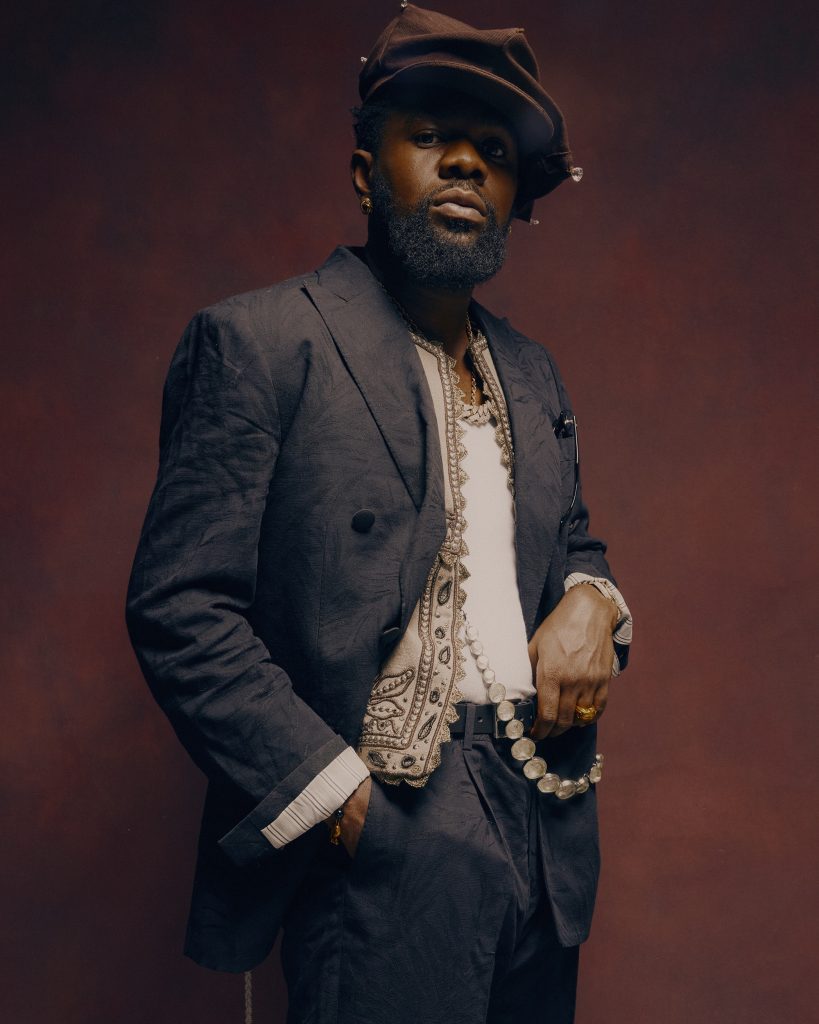
I say this because only hope can explain why a man would sleep on the streets and still look forward to a better life; why he would record relentlessly until he has over 120 underground collaborations songs, we may never hear and still carry on. These are the years that can break a man. But they are also the years that made Patoranking who he is.
So I ask him about those early days, I wanted to know where it all began for him, how a young man from the ghetto held on to faith when everything said otherwise.
SB: You’ve had one of the most consistent careers in Afrobeats. When you look back at your early days, from Alubarika and Girlie O to now, what’s the first memory that still grounds you?
Patoranking: The very first night I saw my Alubarika video played on mainstream television. I was in an eatery called “The Place” buying food and here comes me on the screen. The mixed feelings, the joy… I had to even leave the change for the cashier and head out with this big smile on my face. Fast forward 12 years later, here we are; achieving a lot through the journey with a lot of growth. It’s an incredible one.
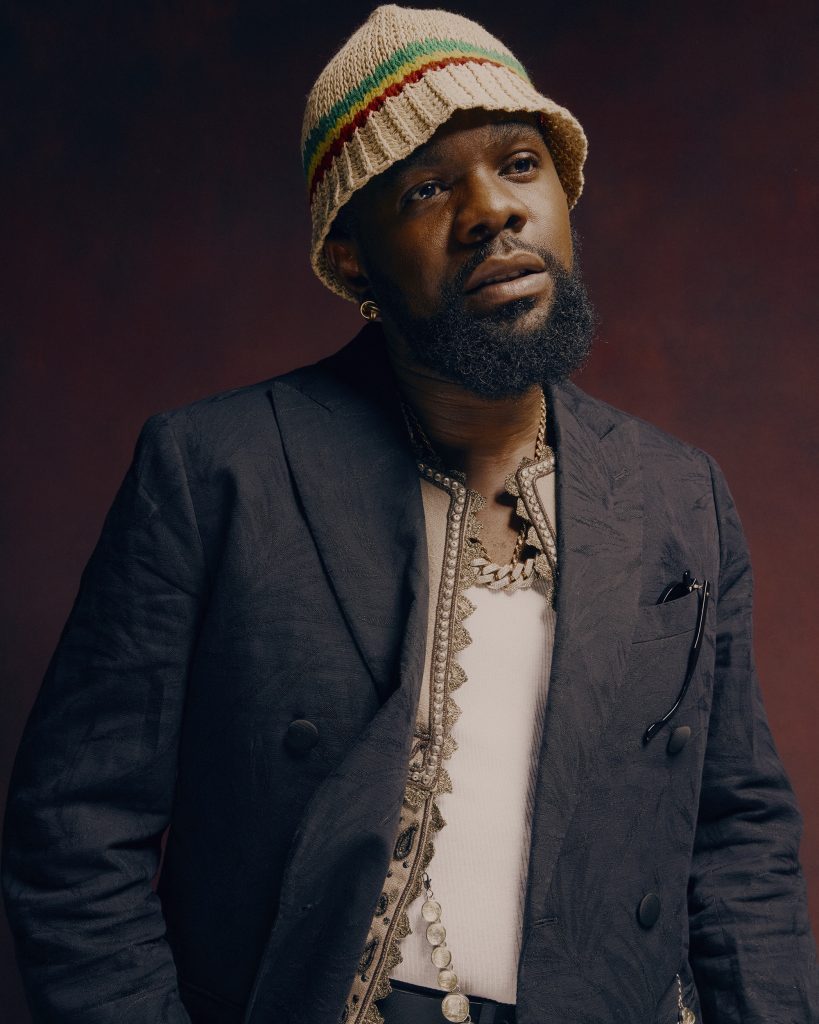
SB: You’ve talked about moving to Ghana and sleeping on the streets in Osu, trying to support your family. How did those early experiences shape you?
Patoranking: Those early days actually made me who I am today. They taught me resilience, to go after whatever I want and make it happen. Imagine me leaving my parents’ house 18 years ago on a road journey to Ghana without fear, with no one waiting for me and no clear destination. I just had faith that it was the right decision. The people I met and the lessons I learned there shaped everything about me.
SB: Starting your journey in Ghana, surrounded by their vibrant dance culture, did that influence your sound?
Patoranking: Yes, it did. Coming from the ghetto in Nigeria where Galala was our core sound and finding myself in Ghana where reggae dancehall was huge, my musical influence grew fast. The dancehall culture there was so strong that it felt like Jamaica.
SB: Before music came dancing. When did you decide to switch fully into music?
Patoranking: It was a natural switch. I loved both music and dance, but Ghana was where I made that leap. That’s where I had my first proper studio experience and wrote my first official song.
SB: In 2013, after more than 120 underground collaborations, you finally got your break. What was that moment like?
Patoranking: Like I said, when I saw Alubarika on TV, that was the turning point. Even though my life hadn’t changed yet, I knew my moment had arrived. Everything moved fast after that.
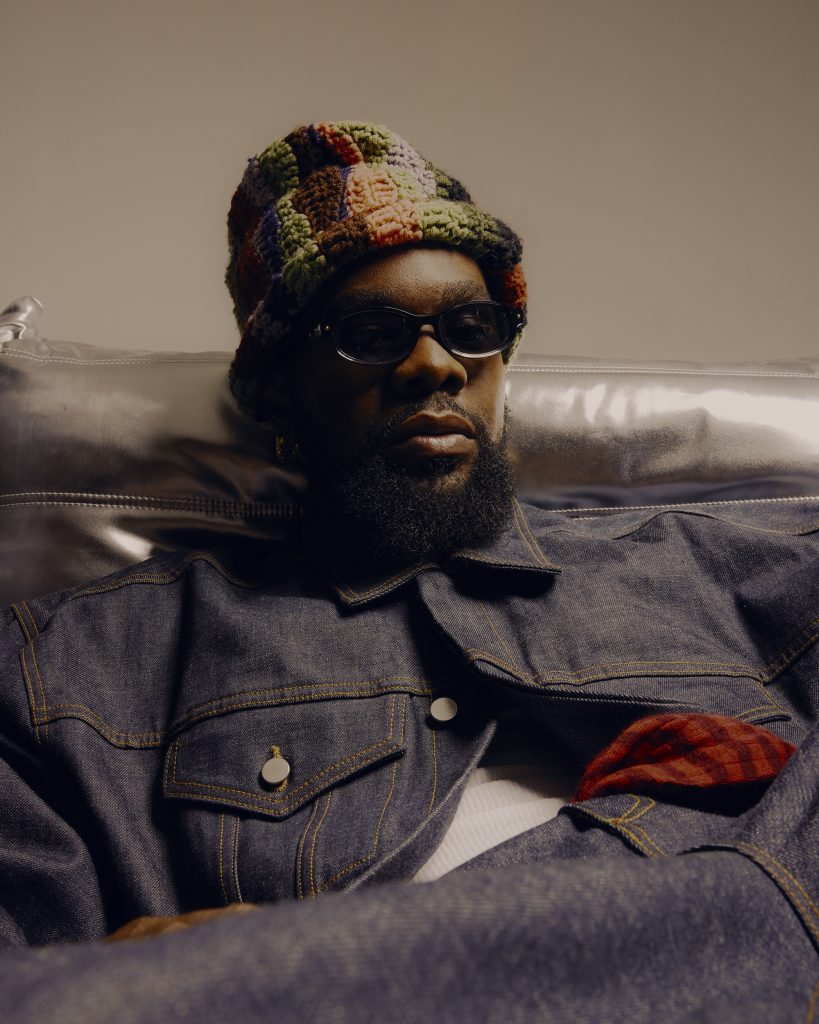
SB: Looking back, how much did being ready shape that breakthrough?
Patoranking: You can’t have about 120 songs underground and not be ready. That was preparation meeting opportunity.
SB: Let’s talk about No Jonze. What headspace were you in when creating it?
Patoranking: I wanted to make music that feels like what music used to be, songs that make you feel and have fun. There’s a lot happening now, but I grew up in an era where music had soul.
SB: This is your fifth studio album. What was your defining moment in creating it?
Patoranking: During the last two writing camps. That was when I could finally feel the picture I had painted in my head for this album.
SB: What themes tie it together?
Patoranking: It’s about bringing back the feeling of old music but blending it with now. There’s love, dance, reflection, but the main theme is celebration.
SB: Should we expect any surprise collaborations?
Patoranking: Yes, a few. I always choose collaborators I’m a fan of, and I see collaborations as experiments, not strategy. Expect music from parts of the world you wouldn’t expect.
SB: Galala has always been in your DNA. What does it mean to you?
Patoranking: Galala is the voice of the ghetto, energy-driven and raw. It influenced me deeply and shaped the foundation of what we now call Afrobeats.
SB: Your music often feels spiritual. How does faith shape your process?
Patoranking: I don’t rush things. I believe in God’s timing for everything.
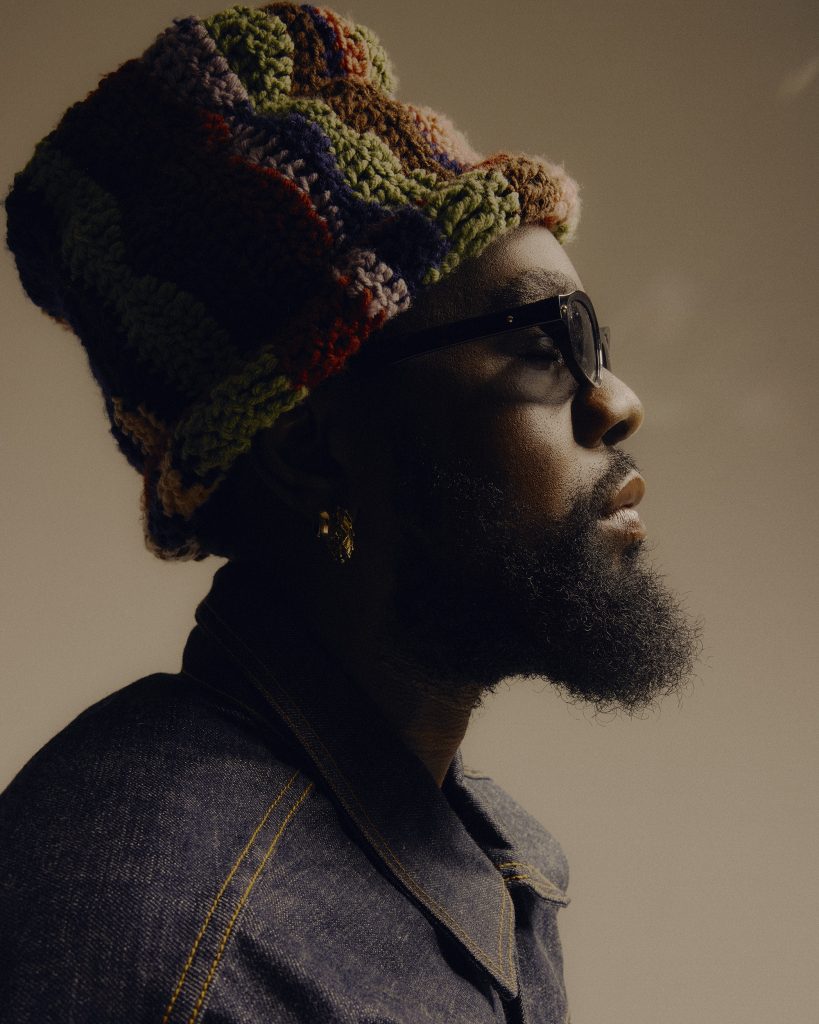
SB: You’ve also been big on giving back. How do you see that evolving?
Patoranking: I know how it feels not to have, so I promised God that when I have, I’ll give back. The bigger we get, the bigger our reach.
SB: As a father, how has that changed how you see your art?
Patoranking: Before I sing now, I think of my daughters. I want them to be proud of what they hear.
SB: If this new album were a letter to your younger self, how would it start?
Patoranking: “Dear Patoranking, remember why you started and keep that focus.”
SB: And what do you want this next chapter to say about you?
Patoranking: I want the name Patoranking to go beyond borders and into the hearts of people around the world. And for Patrick, I want him to keep standing for others. The music is one thing; the man behind it should mean something too.
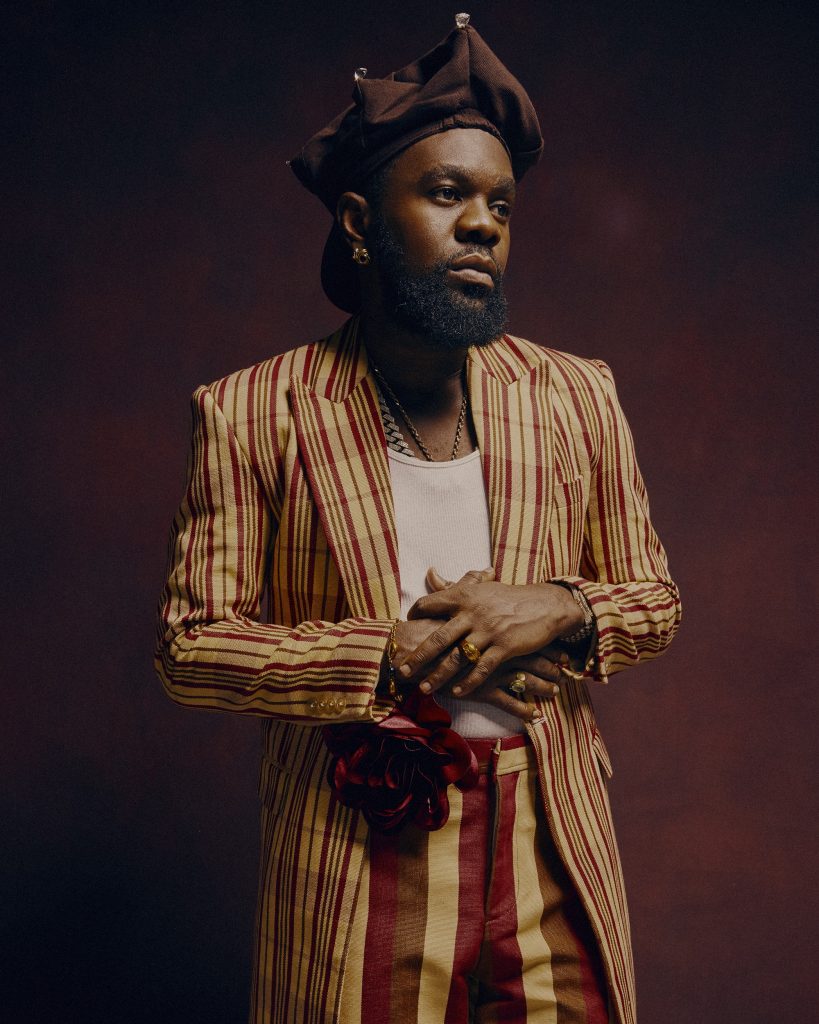
Art gives much, but it asks much in return. It demands nothing less than complete commitment and significant sacrifice. Patoranking has made that commitment, through an energetic and aspirational collision of the beautiful and the deeply unpleasant. The best part of his story, to me, is that it proves what happens when you find your authentic voice and push violently, defiantly against your own limitations. There is a furious motion that keeps you running until you finally collide with yourself.
And as always, Patoranking remains in motion. His latest single, No Jonze, is proof as it is capable of transporting you someplace vivid and alive. It sounds like what you’d hear if you walked into an upbeat bar with beaded curtains, where you can feel the rhythm. It’s a reminder that music can be fast-forward with the times and still deeply rooted. No Jonze is an indication that his next album will be nothing short of outstanding, a continuation of the journey that made him, and that he now defines.
Authored by Neone Adebayo
